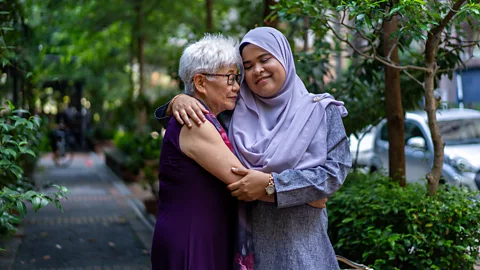A child born in the country in 1960 was only likely to live (at the time) to 65, but a child born in Singapore today can expect to live to more than 86 according to
estimates. In addition, the number of centenarians in Singapore
doubled over the 10-year period from 2010-2020.
This huge leap in longevity has largely been driven by intentional government policy and investment. The distinction even was enough to have the country named
the world's sixth "Blue Zone" in August 2023. Though recently
questioned for their accuracy by demographers,
the Blue Zones were discovered and coined by National Geographic journalist Dan Buettner, who claimed to identify regions where people lived longer, healthier lives, in large part due to a combination of culture, lifestyle, diet and community.
Singapore was the first new region to be added to the Blue Zones in decades (dubbed a "Blue Zone 2.0" by Buettner) and stands apart from the other Blue Zones in part because the longevity of its people comes more from forward-thinking policies than long-established cultural traditions in other Blue Zone communities like
Ikaria, Greece or
Nicoya, Costa Rica.
But it's not just the quantity of life, but also the quality of life that residents here appreciate. We spoke to a few of them to understand which policies and practices make their lives healthier, and happier – and what they recommend to others seeking to live here in search of a longer life.


